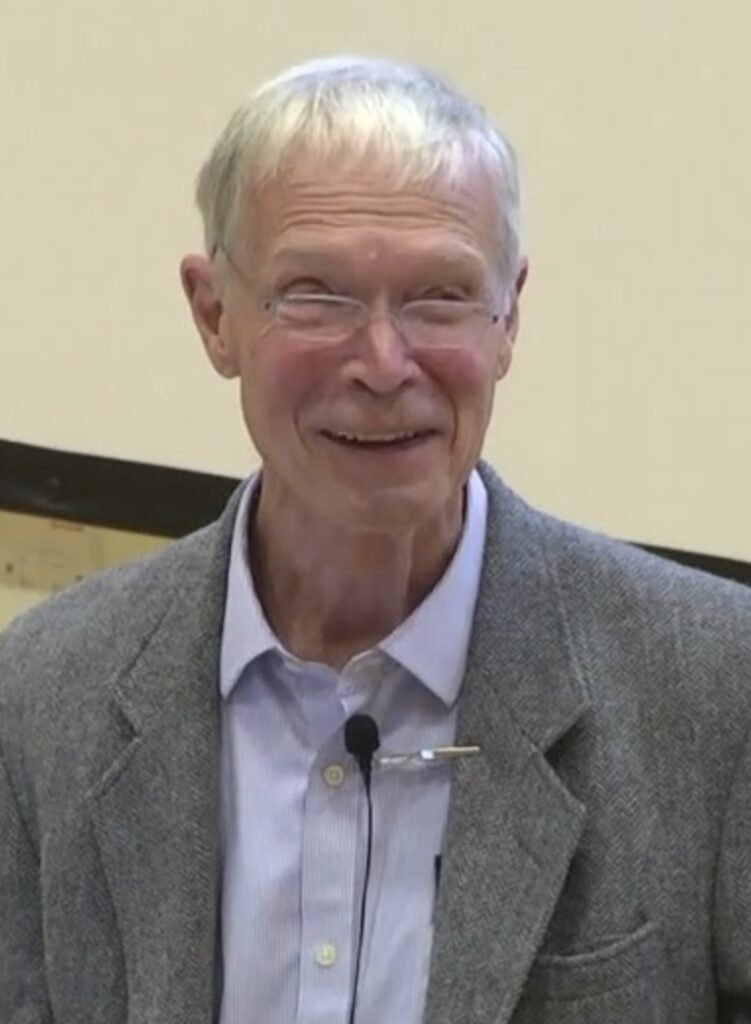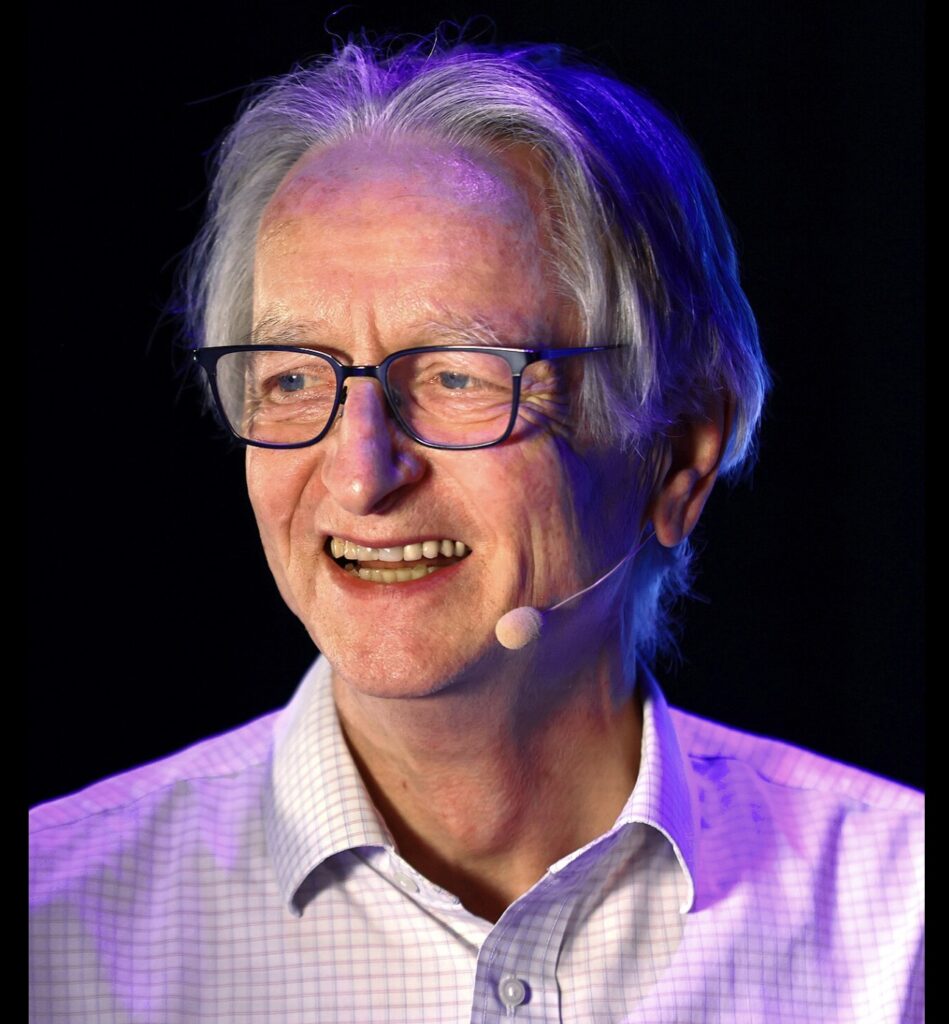John Hopfield and Geoffrey Hinton Recognized for Pioneering Work That Shapes Modern Machine Learning
In a momentous recognition of the foundational work in artificial intelligence, the Nobel Prize in Physics has been awarded to John Hopfield and Geoffrey Hinton, two pioneering researchers whose innovations laid the groundwork for today’s advanced AI systems.
- Recognition for Foundational Discoveries: Both Hopfield and Hinton were honored for their groundbreaking contributions to machine learning techniques that are integral to modern AI applications, such as ChatGPT.
- Warnings of Existential Risks: Geoffrey Hinton, known as the “godfather of AI,” has publicly expressed concerns about the potential dangers posed by AI technologies, including the risk of machines surpassing human intelligence.
- Unexpected Prize Acceptance: Hinton expressed his surprise at receiving the award, stating he had no expectation of such recognition, while simultaneously acknowledging the moral implications of his work.
The recent Nobel Prize in Physics awarded to John Hopfield and Geoffrey Hinton highlights the significant impact of their contributions to the field of artificial intelligence. Their work on machine learning techniques, particularly those that power artificial neural networks, has been instrumental in the development of AI systems that permeate our daily lives. From image recognition to natural language processing, the foundational discoveries made by these researchers have paved the way for remarkable advancements in technology.

Geoffrey Hinton, who worked at Google for a decade, has become increasingly vocal about the potential existential risks associated with AI. His resignation last year was a bold move aimed at allowing him to speak freely about his concerns. At the Nobel ceremony in Sweden, Hinton expressed his astonishment at receiving the award, saying, “I had no idea this would happen. I’m very surprised.” Despite the honor, his apprehensions about the implications of AI technologies remain ever-present.

The Nobel Committee recognized both researchers “for foundational discoveries and inventions that enable machine learning with artificial neural networks.” Hinton’s work on the Boltzmann machine and Hopfield’s development of associative memory have been critical in advancing our understanding of how machines can learn from data. These innovations mimic the neural connections in the human brain, using computer nodes instead of biological neurons, which has led to more effective data manipulation and learning processes.
In his acceptance speech, Hinton expressed pride in his contributions to AI but acknowledged the daunting possibility of creating systems that could surpass human intelligence and potentially take control. His warning serves as a stark reminder of the dual-edged nature of technological progress, where the benefits of AI coexist with significant risks. The conversation surrounding ethical AI and the necessity for regulatory frameworks is more urgent than ever as we navigate this complex landscape.
The recognition of Hopfield and Hinton not only celebrates their individual achievements but also casts a spotlight on the broader implications of their work. As AI technologies continue to evolve, the moral responsibilities of researchers, developers, and policymakers become increasingly critical. The Nobel Prize serves as a reminder that while innovation can lead to remarkable advancements, it is imperative to consider the ethical ramifications and potential dangers of creating systems that could one day operate beyond our control.
The Nobel Prize awarded to John Hopfield and Geoffrey Hinton underscores the transformative power of their work in artificial intelligence. As we celebrate their contributions, we must also heed the warnings about the future of AI and the responsibilities that come with it. The dialogue surrounding the ethical use of AI is just beginning, and it is crucial that we approach this new era of technology with caution, foresight, and a commitment to ensuring that the benefits of AI are harnessed responsibly for the betterment of society.
